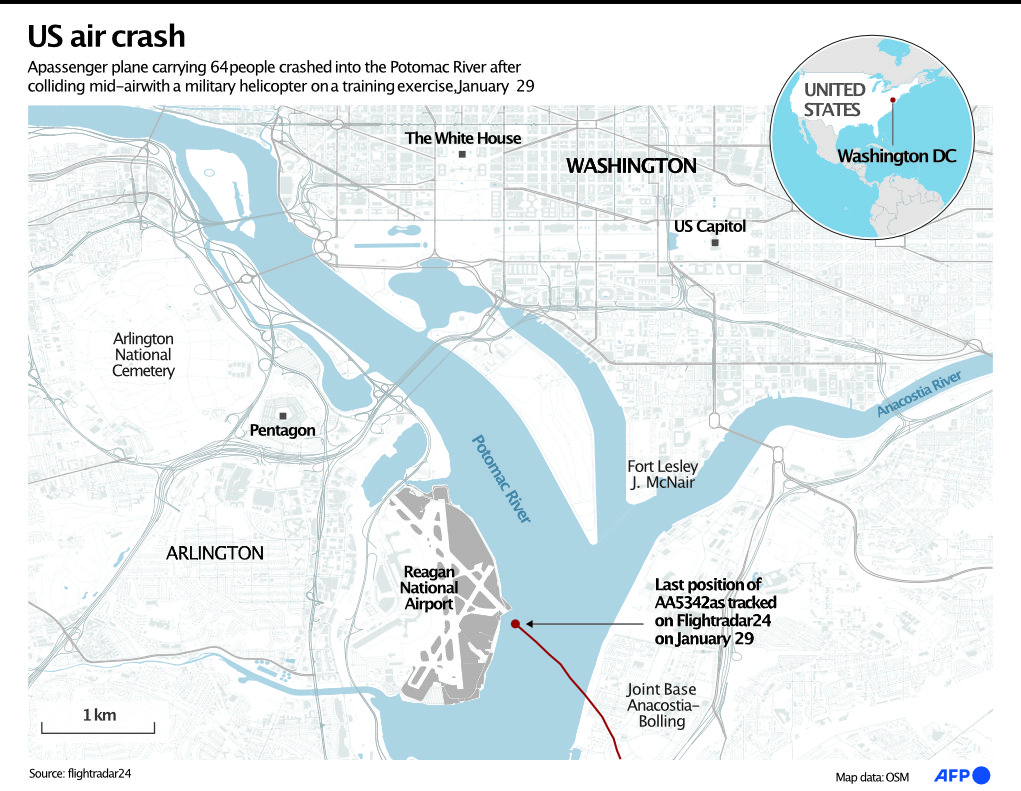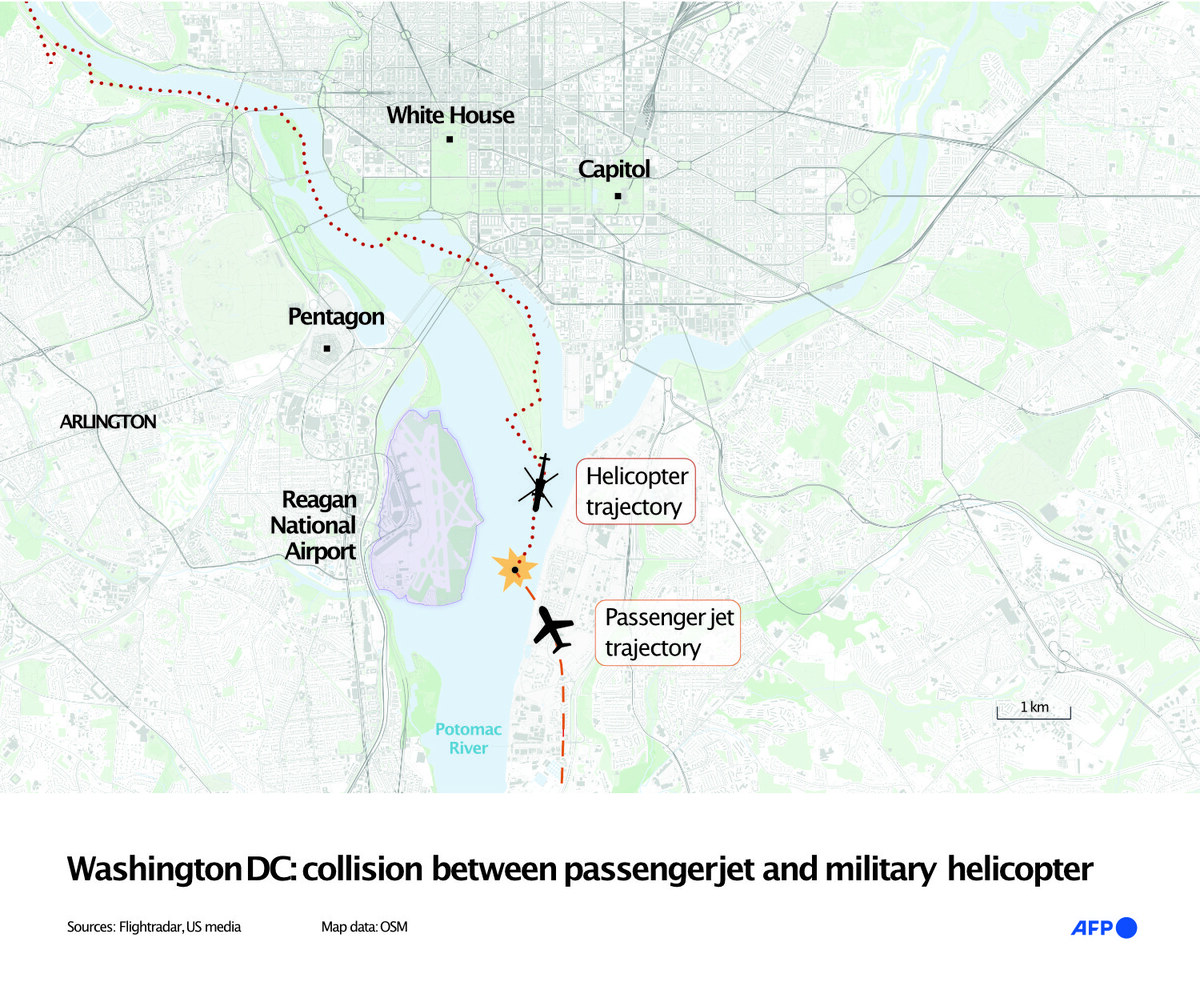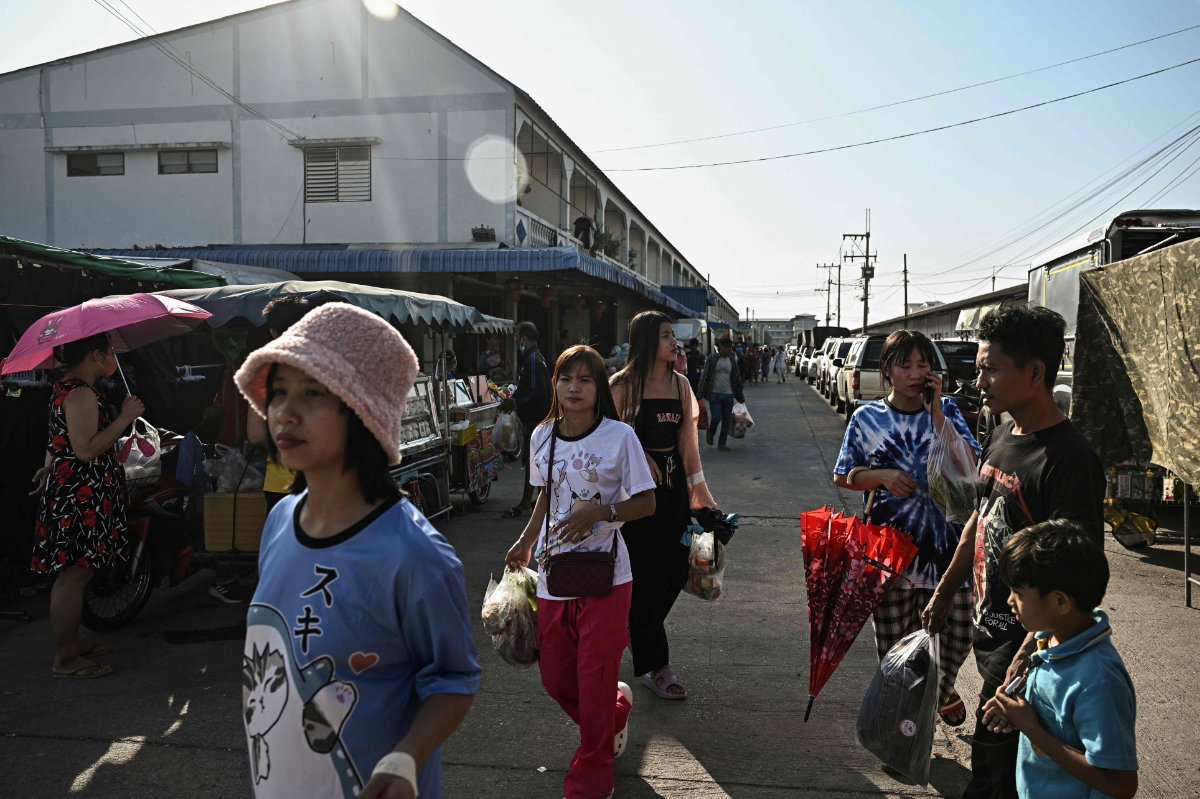BAGHDAD: Iraqi grocery store owner Abu Amjad Al-Zubaidi is grappling with asthma, a condition his doctor blames on emissions from a nearby power plant that fills his Baghdad neighborhood with noxious smoke.
In winter, a thick smog frequently envelops the city of nine million people as the fumes belched out by its many oil-fired factories are trapped by a layer of cold air.
The stench of sulfur permeates some districts, where brick and asphalt factories run on heavy fuel oil, taking advantage of generous state subsidies in the world’s sixth biggest oil producer.
In a bid to tackle the worsening air quality, authorities recently shut down dozens of oil-fired factories and instructed others to phase out their use of heavy fuel oil.
“Every time I went to the doctor he told me to stop smoking. But I don’t smoke,” Zubaidi told AFP.
When his doctor finally realized that Zubaidi lived just meters from the Dora power plant in south Baghdad, he told him its emissions were the likely cause of his asthma.
Power plants and refineries spew thick grey smoke over several areas of Baghdad.
“We can’t go up to our roofs because of the fumes,” Zubaidi said.
“We appealed to the prime minister, the government and parliament. Lawmakers have come to see us but to no avail,” the 53-year-old complained.
He is not the only victim of air pollution. Many of his neighbors suffer from chronic asthma or allergies, he said.
Waste incineration and the proliferation of private generators in the face of patchy mains supply also contribute significantly to Baghdad’s air pollution.
In 2023, the air monitoring site IQAir ranked Iraq as the sixth most polluted country in terms of air quality.
Levels of the cancer-causing PM2.5 pollutants, microparticles small enough to enter the bloodstream through the lungs, are seven to 10 times the World Health Organization (WHO) guideline values.
IQAir warned that exposure to PM2.5 “leads to and exacerbates numerous health conditions, including but not limited to asthma, cancer, stroke and lung disease.”
It found that air pollution levels in Baghdad were “unhealthy for sensitive groups.”
According to the US embassy, air quality in the capital frequently enters the red zone, leading to “health effects,” particularly for vulnerable groups.
In October, Prime Minister Mohammed Shia Al-Sudani ordered a committee to investigate the causes of the “odorous sulfur emissions” so that they can be stopped.
Environment ministry spokesperson Amir Ali attributed the pollution to “industrial activities near the capital” — particularly the brickworks and asphalt plants in the Nahrawan industrial zone in southeast Baghdad.
There lie “the largest number of factories responsible for the emissions,” he said.
Ali also blamed private generators and refineries, including in Dora.
The pollution was exacerbated by “weather conditions, shifts in temperature, the direction of the wind, and increased humidity,” his ministry said.
In December, authorities announced the closure of 111 brickworks “due to emissions” that breach environmental standards, along with 57 asphalt plants in the Nahrawan industrial zone.
The industry ministry has also instructed brickworks to phase out their use of heavy fuel oil within 18 months and replace it with liquefied natural gas.
The government has banned waste incineration inside and outside landfills and has said it will improve “fuel quality at Dora refinery and address gas emissions and wastewater discharges.”
Iraq is one of the world’s largest oil producers, and sales of crude oil account for 90 percent of state revenues, so its transition to renewable fuels remains a distant goal.
Environmental activist Husam Sobhi urged authorities to keep up their efforts to phase out heavy fuel oil.
“It is difficult for a country like Iraq to let go of oil but we can use better quality oil than heavy fuel oil,” Sobhi said.
He also called on planning authorities to put a stop to the city’s sprawl into the surrounding countryside.
“Baghdad is in dire need of a green belt which would serve as a lung for the city to breathe,” he said.
Smog chokes Baghdad as oil-fired factories belch out smoke
https://arab.news/m5yfz
Smog chokes Baghdad as oil-fired factories belch out smoke

- In winter, a thick smog frequently envelops the city of nine million people































